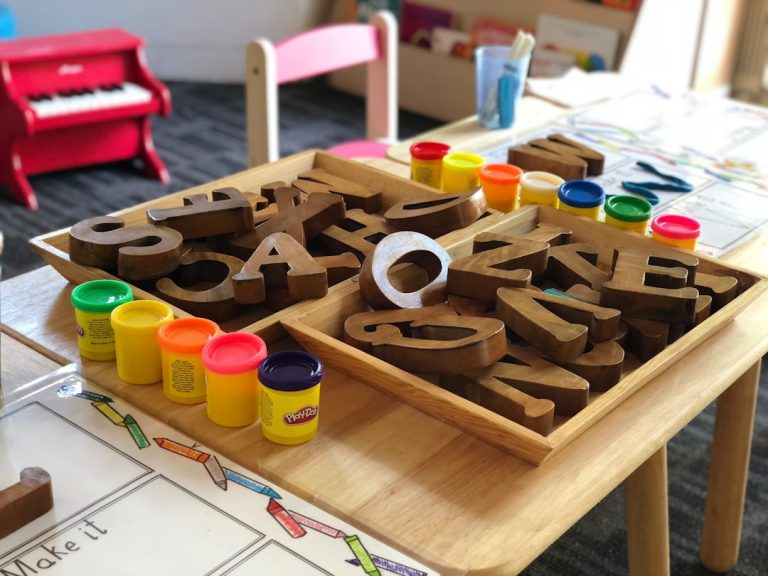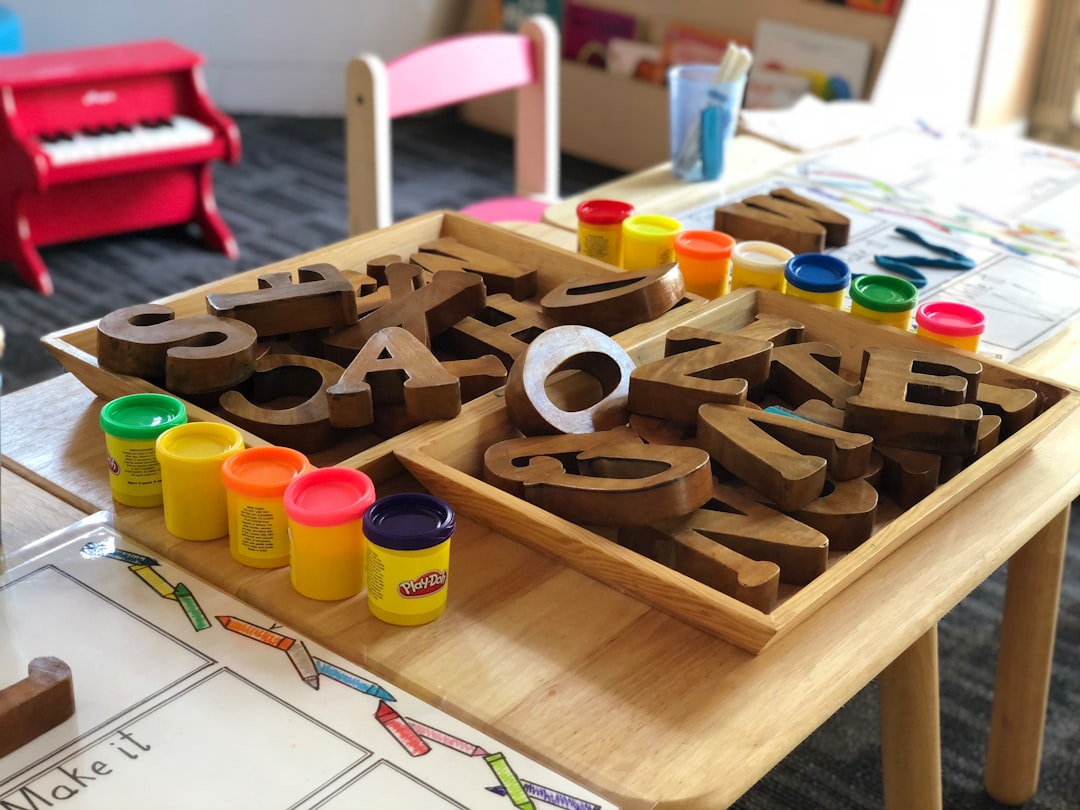In Indiana, finding justice for daycare abuse victims can be complex. A compassionate lawyer plays a pivotal role in guiding families through this challenging process. This article delves into the critical aspects of daycare abuse, including recognizing red flags and understanding legal rights. We explore how a supportive attorney navigates Indiana’s legal system, ensures justice, and builds strong cases against offenders. If you or someone you know has experienced daycare abuse, discover how a dedicated Indiana daycare abuse lawyer can make a difference.
Understanding Daycare Abuse: Recognizing Red Flags and Legal Rights

Daycare abuse is a serious issue that can have lasting effects on children, and it’s crucial for victims in Indiana to understand their legal rights. Recognizing red flags is the first step in ensuring safety and justice. Some common signs of daycare abuse include physical injuries, emotional distress, unusual behavior changes, or consistent inconsistencies in care providers’ explanations. If you suspect any form of maltreatment, documenting evidence and reporting it promptly to the appropriate authorities is essential.
Indiana has specific laws protecting children in daycare settings, and victims have legal options available to them. A compassionate lawyer specializing in daycare abuse can guide parents and guardians through this complex process, helping them navigate their rights and seek justice for their child’s suffering. By understanding these red flags and knowing their entitlements, families can take proactive measures and connect with the right support systems.
The Role of a Compassionate Lawyer in Supporting Victims and Their Families

A compassionate lawyer plays a vital role in supporting and guiding victims of daycare abuse in Indiana, helping them navigate the legal system while they heal from traumatic experiences. These attorneys understand the unique challenges faced by families affected by such incidents, offering emotional support alongside legal expertise. They create a safe space for clients to share their stories and answer questions, ensuring every step of the process is as stress-free as possible.
By taking on daycare abuse cases, these lawyers not only fight for justice but also raise awareness about the importance of proper care in educational institutions. Their work can lead to policy changes and improved regulations, making Indiana’s daycare centers safer for all children. This dual impact—providing legal aid and fostering systemic reform—makes a compassionate lawyer an invaluable asset for victims and their families.
Navigating Indiana's Legal System for Daycare Abuse Cases

Navigating Indiana’s legal system for daycare abuse cases can be complex and daunting for victims and their families. It requires a deep understanding of state laws, regulations, and procedures specific to such sensitive matters. A compassionate lawyer specializing in daycare abuse in Indiana is invaluable in this process, guiding clients through every step while ensuring their rights are protected.
These legal professionals are equipped with the knowledge and expertise to handle complex cases involving child welfare, criminal charges, and civil litigation. They advocate for victims, seeking justice and compensation for the harm suffered. With their guidance, families can focus on healing and rebuilding their lives, knowing they have a strong ally in the legal process.
Ensuring Justice: Strategies for Building a Strong Case Against Offenders

When seeking justice for victims of daycare abuse in Indiana, a compassionate lawyer is an indispensable ally. A skilled attorney understands the emotional toll such cases take on survivors and their families, and they employ strategic approaches to build compelling cases against offenders.
One key strategy involves meticulous documentation and evidence collection. This includes gathering medical records, security footage (if available), witness statements, and any other relevant documents that can corroborate the abuse. A daycare abuse lawyer in Indiana will also thoroughly investigate the background of the accused, identifying previous incidents or complaints that could strengthen the case. By combining these methods, a strong legal argument can be constructed to ensure accountability for the offenders and the delivery of justice for the victims.



